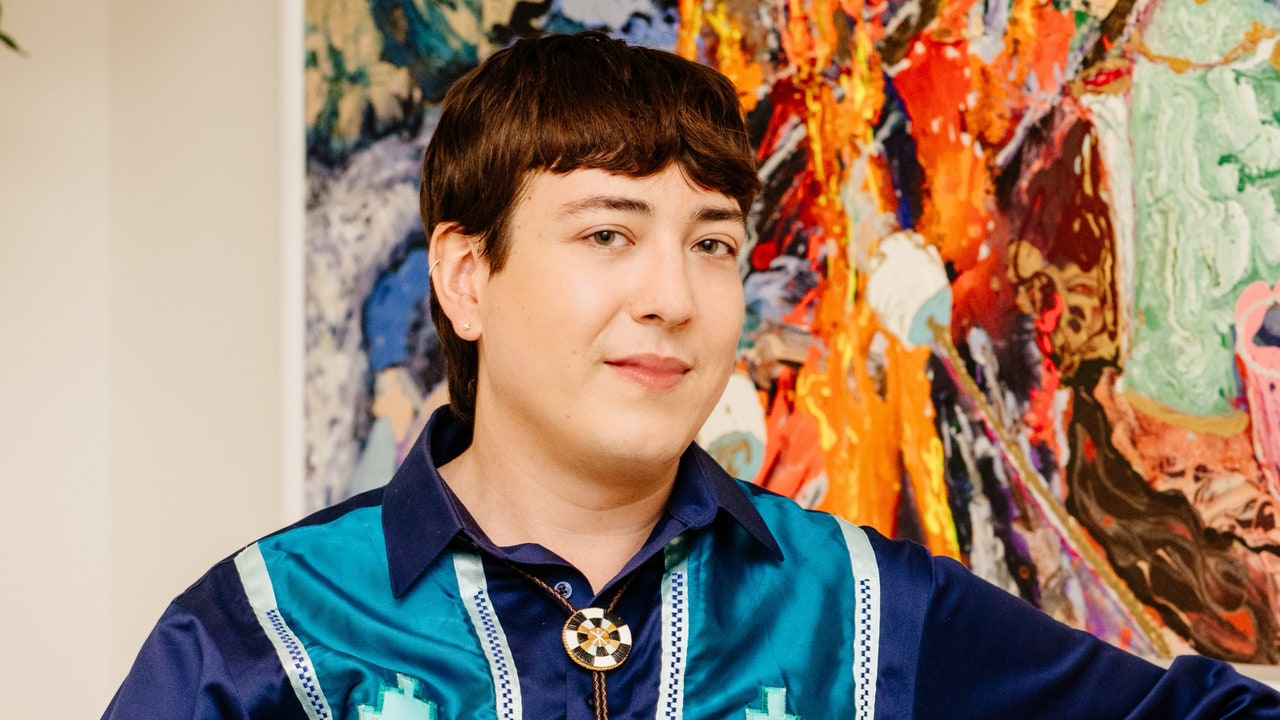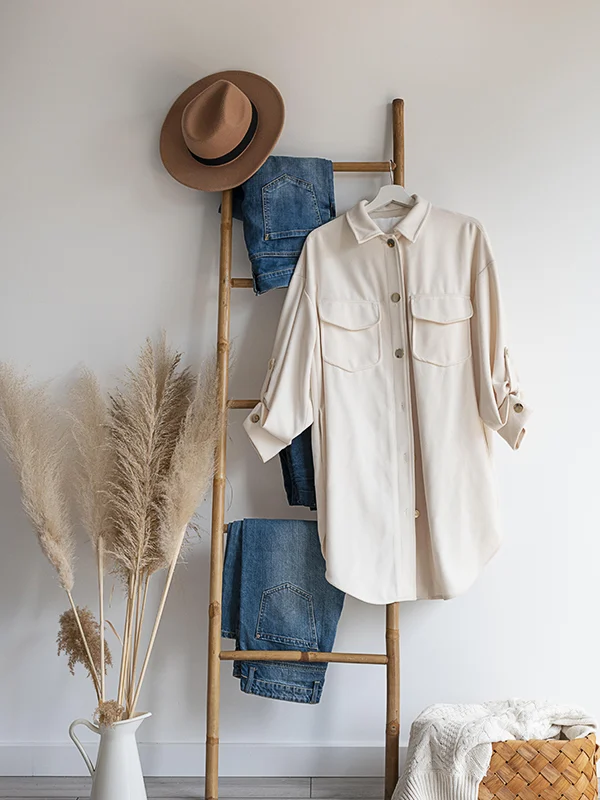Taking a foothold in the fashion industry may be tough for anyone, but it is especially challenging to take up his own place for Ojibwe journalists from the Nipissing First Nation Reserve in rural Ontario. As a result, during his tenure FashionAllaire’s haute couture and style writers take their place in various stories, platforming other Aboriginal Creators in the story of the rise of Dream Catcher Hair to model Quannah Chasinghorse Andvancouver’s Indigenous Fashion Week. Now, in the new memoir, From Rez to Runway Forging: My Fashion Road (Collins), Allaire delves into his meaningful (sometimes isolated) experiences among the changemakers in his field.
This week, Fashion Talked to Allaire about building a career focal point to highlight indigenous fashion, drawing inspiration from Nlaka’pamux writer Terese Marie Mailhot, and whether he tells the young self to meet with coffee.
Fashion: How do you feel about releasing your first memoir?
Christian Allaire: This is very strange. You spent a long time in your memoirs, but you didn’t really consider people reading it. So when that time comes, it’s unsettling. It’s very serious and very primitive, so I’m trying not to consider the person who read it!
How experience compares to releasing the first book The power of style?
My first book was important about supporting others, and it was very personal and very focused on me. I really don’t tend to do a lot of personal writing. I prefer telling other people’s stories, so doing this is a challenge because it brings me to a lot of things I might have been trying. no face.
You perceive your description of the contrast between the life you established in New York and the life you describe at home in Canada. What helped you unite these two aspects of yourself?
Rez’s life is very rapid [different from] Live in New York. It is very centered on community and nature and our cultural teachings, so living in concrete jungles is the opposite. For me it’s about finding companions in the city and communicating and connecting in this way, and having a loud board when I’m missing some elements of my family or culture. Finding my friends and people has really helped me bridge these two worlds.





